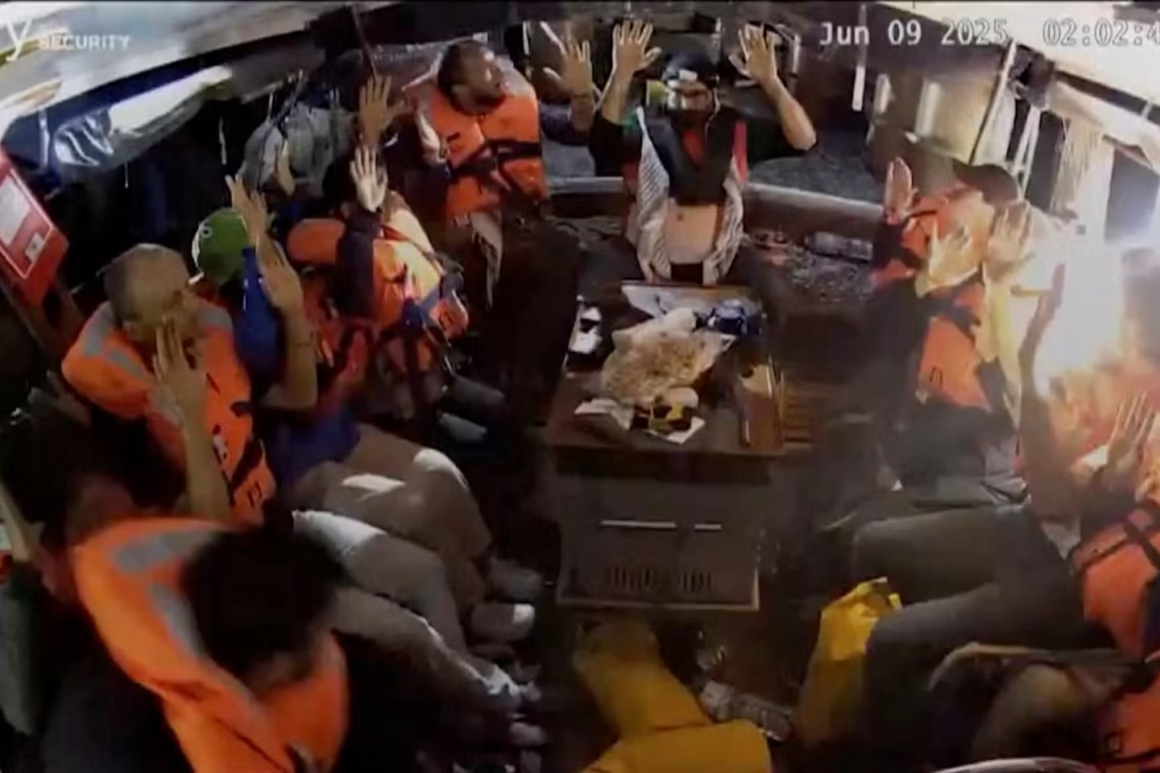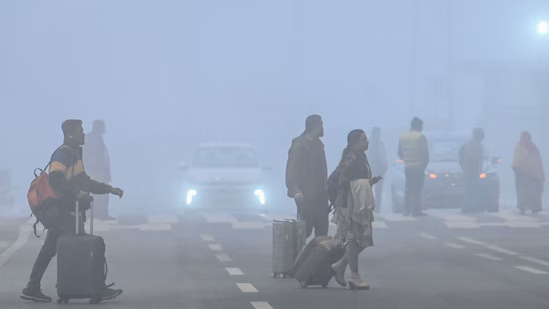“Israel Diverts Gaza Aid Flotilla; Greta Thunberg Reported Safe”:
“When humanitarian aid meets geopolitical blockade, the world must decide if compassion can override conflict.”

On October 1, 2025, Israeli naval forces intercepted multiple vessels from the Global Sumud Flotilla, a large-scale humanitarian mission aiming to deliver essential aid to Gaza while challenging Israel’s maritime blockade.
The flotilla consisted of over 40 civilian vessels carrying vital supplies such as food, medicine, water purification equipment, and medical aid kits intended to support thousands of people living under extremely difficult conditions in Gaza. Despite repeated warnings from Israel, 23 boats pressed forward toward Gaza, with 14 vessels intercepted and redirected to Israeli ports for inspection and control.
Among the approximately 500 passengers aboard the flotilla was prominent Swedish climate activist Greta Thunberg. Her presence drew significant international attention to the mission, as she has become a globally recognized advocate for climate action and humanitarian causes.
The Israeli Foreign Ministry confirmed that Thunberg, along with other detainees, was “safe and healthy” and would be deported following the Jewish holiday of Yom Kippur, a gesture that reflects both legal and diplomatic considerations.
The interception sparked strong criticism globally. Several countries, including Turkey, Colombia, and Malaysia, condemned Israel’s actions. Colombia went as far as expelling Israeli diplomats, accusing Israel of committing violations of international law and obstructing humanitarian aid.
Worldwide protests erupted in solidarity with the flotilla’s humanitarian cause, with demonstrations taking place in major cities including London, Istanbul, Berlin, and New York. Activist groups, NGOs, and human rights organizations expressed deep concern over the incident, calling for increased international pressure on Israel to lift the blockade and allow aid to reach Gaza without obstruction.
Israel defended its interception, citing security concerns and stating that authorized channels for aid delivery to Gaza were available. The Israeli government stressed that unchecked flotilla missions could pose risks and compromise the safety of both Gaza and Israel. Nonetheless, this event has intensified the debate surrounding the Gaza blockade, the ethics of humanitarian aid delivery, and the legal frameworks that govern such missions.
This incident also highlights the larger geopolitical complexities in the region, where humanitarian concerns intersect with longstanding political disputes. It has sparked renewed discussions among the international community about the responsibilities of nations in conflict zones, the rights of civilian aid missions, and the need for collaborative solutions to address the ongoing humanitarian crisis in Gaza.
The presence of Greta Thunberg has amplified the global visibility of the issue, bringing climate justice and human rights into sharper focus in this highly contentious situation.
FOR MORE BLOGS – beyondthepunchlines.com

 Add to favorites
Add to favorites






